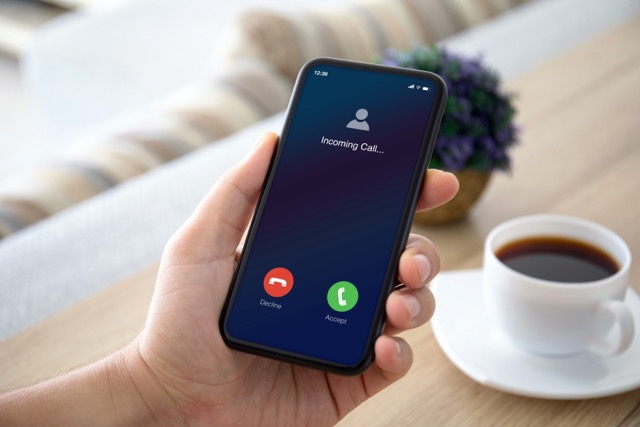Fraud Alert: A Real-Life Fraud Attempt and What You Can Learn From It
At Regent Bank, we’re committed to helping you stay informed and protected. Recently, a vigilant client shared an experience that could have resulted in financial loss—if she hadn’t trusted her instincts.
“Someone called our business claiming to be from Regent Bank’s security department. He said someone in California was accessing our accounts using my credentials and tried to move all our money out. He wanted my cell number so he could ‘shut down’ my access. But something felt off…”

-Kathy, Regent Bank client
What made this call suspicious?
- The caller didn’t know who to ask for—just requested someone “with authority.”
- He claimed there was a major security breach but didn’t offer specific details or verification.
- He asked for Kathy’s personal cell number—information the bank already has.
- Even though the caller ID appeared to be our 877 number, Kathy knew phone numbers can be spoofed.
- When she pressed for specifics, the caller grew vague and evasive.
What did she do right?
Kathy paused. She asked questions. And most importantly—she hung up and called us directly. That one decision protected her business.
4 Red Flags of Fraudulent Calls:
- Urgency or panic tactics (“Someone is trying to steal your money now!”)
- Asking for information we already have (like your phone number, username, or account details)
- Unfamiliar voices claiming to be from “security” or “fraud prevention”
- Caller ID shows the bank’s number — but they still ask you to verify personal information
How to Protect Yourself:
• Hang up and call us directly. Use the number on our website or your local branch.
• Never share personal credentials (passwords, phone numbers, verification codes) over the phone.
• Report suspicious activity immediately.
At Regent Bank, we’ll never be upset if you double-check with us—it’s exactly what we hope you’ll do.
If you ever receive a suspicious call, email, or text—pause, verify, and call us directly at 877-488-4790 or your local branch.






